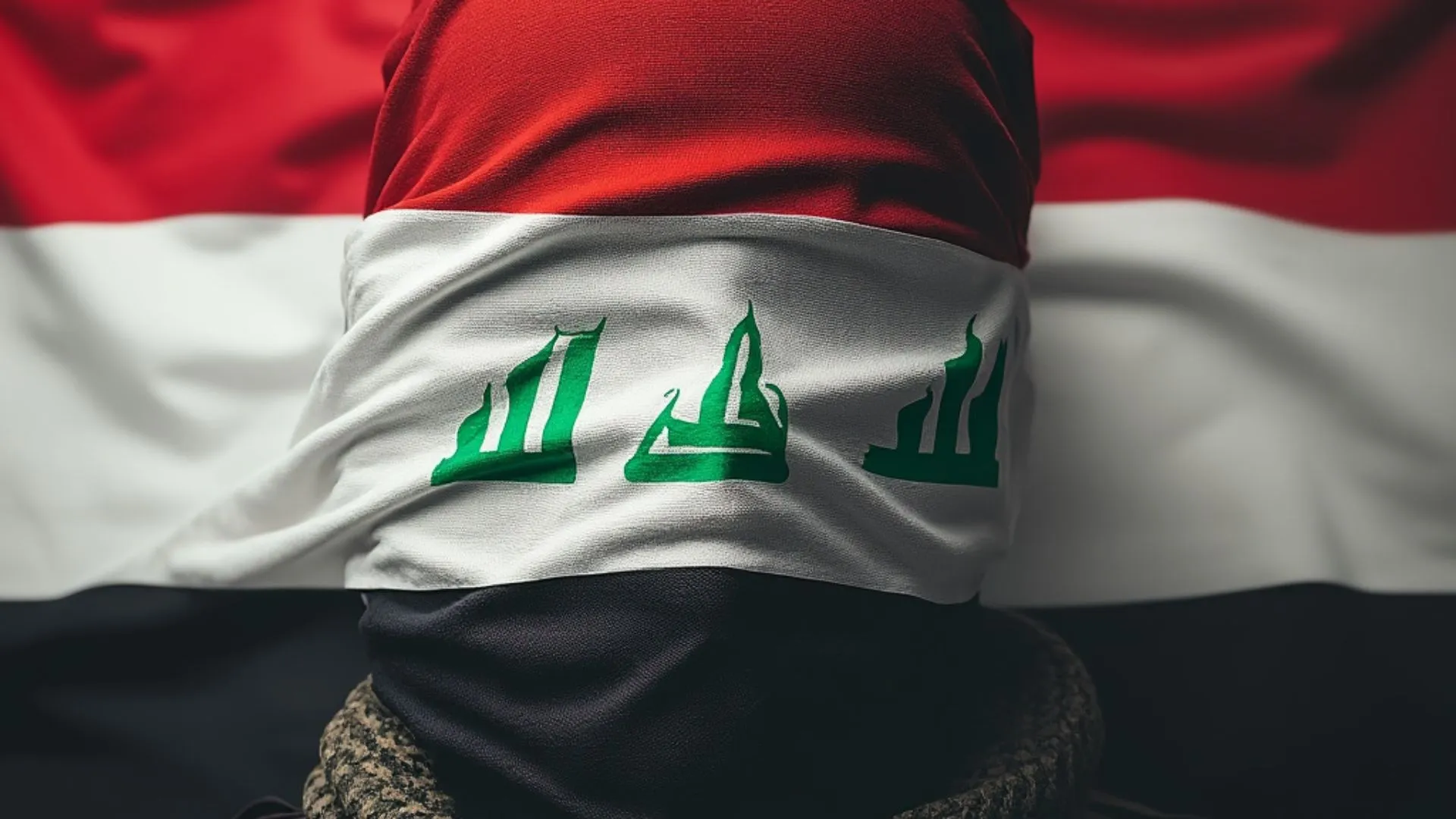Lebanese President-elect Joseph Aoun is poised to appoint veteran diplomat Nawaf Salam as the new prime minister of Lebanon on Monday, following his successful receipt of the necessary votes in parliament.
Salam, who brings extensive political experience and a notable international reputation, currently serves as the President of the International Court of Justice (ICJ), the UN’s highest court. Recently, the ICJ ruled that Israel’s actions in Gaza could be considered as committing genocide. As Lebanon’s potential new prime minister, Salam will be faced with the enormous task of forming a new government amid the country’s ongoing economic turmoil and the devastation caused by Israel’s military actions.
A Legacy Rooted in Politics
Nawaf Salam was born on December 15, 1953, in Beirut, into a politically influential family. His father, Abdullah Salam, was one of the founding members of Middle East Airlines, Lebanon’s national airline. Salam’s academic journey began in Paris, where he obtained a degree in Social Sciences from the School of Graduate Studies in 1974, followed by a doctorate in history from the Sorbonne University in 1979. He later studied law at Beirut University and earned his Masters of Law from Harvard Law School in 1991.
He is married to Sahar Baassiri, a journalist and Lebanon’s ambassador to UNESCO, and they have two sons, Abdullah and Marwan. His family’s political involvement dates back to the Ottoman era, with his grandfather founding the Reform Movement in Beirut, opposing Turkish rule in the Middle East. Salam’s uncle, Saeb Salam, served as Lebanon’s prime minister four times between 1952 and 1973, and more recently, his cousin Tammam Salam held the position from 2014 to 2016.
Nawaf Salam: From Academia to Diplomacy
Salam’s career path first led him into academia, where he taught at prestigious institutions such as Harvard, Columbia, and Yale. He made his political debut in Lebanon in 1999, when he was elected to the Executive Office of the Economic and Social Council, a role he held until 2002. Salam supported the Cedar Revolution, a movement by Lebanese citizens against Syria’s military presence in the country, and after Syria’s departure, he became involved in efforts to reform Lebanon’s electoral laws.
Salam transitioned into diplomacy, serving as Lebanon’s Ambassador and Permanent Representative to the United Nations from 2007 to 2017. He also represented Lebanon on the UN Economic and Social Council in 2016 and 2018. His diplomatic career highlighted his strong international standing, and he became known for his opposition to Hezbollah, advocating for Lebanon’s sovereignty and the restriction of armed groups, emphasizing that the national military should be the sole authority responsible for protecting the nation.
Nawaf Salam: A Presidential Contender and ICJ President
Salam’s name gained prominence during the Lebanese uprising in October 2019 and after the devastating Beirut port explosion in August 2020. Domestically, he is seen as an independent reformist, advocating for changes to Lebanon’s political landscape and opposing Hezbollah’s influence. He briefly ran for the role of caretaker prime minister during Lebanon’s presidential crisis, which left the country without a president from October 2022 to late 2024. However, he was ultimately defeated by Najib Mikati, largely due to a veto by Hezbollah and its allies.
Alongside his political endeavors, Salam has built a distinguished career in law, practicing at Takla Law Firm and teaching international law at the American University of Beirut. In 2018, he was appointed as Lebanon’s judge at the ICJ, and in 2024, he was named President of the Court. His tenure at the ICJ has been marked by significant rulings, including the controversial decision that Israel’s actions in Gaza may constitute genocide.
In January 2024, under Salam’s leadership, the ICJ ruled that Israel’s conduct in Gaza and the broader Palestinian territories could amount to genocide. This ruling was a direct result of a case brought forward by South Africa, accusing Israel of genocidal actions during its assault on Gaza, which led to widespread devastation and significant civilian casualties. Furthermore, in July 2024, the ICJ also declared that Israel’s occupation of Palestinian territories, including the West Bank, East Jerusalem, and Gaza, is unlawful under international law.
Also Read: Qatar Proposes Final Ceasefire and Hostage Release Agreement Between Israel and Gaza


















